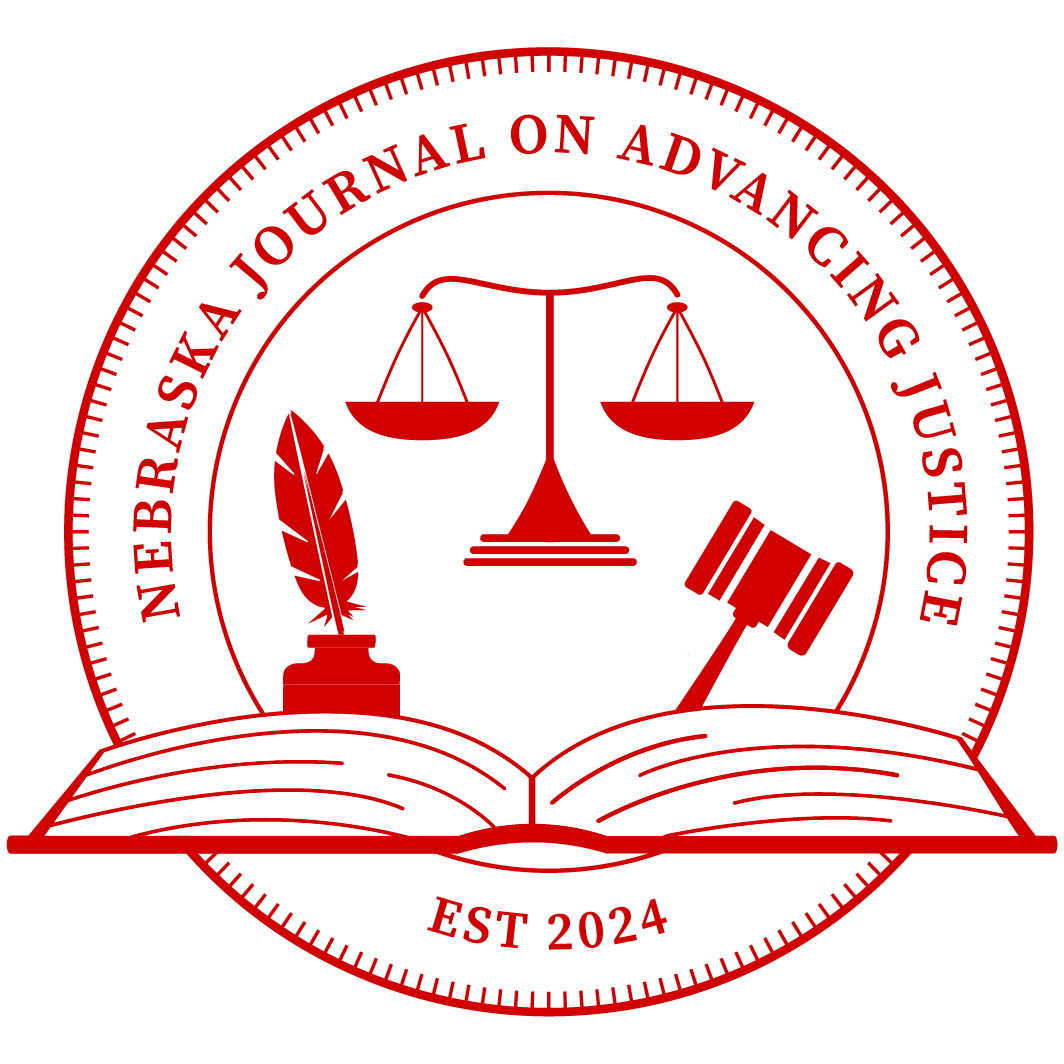Nebraska Journal on Advancing Justice

Abstract
When you work in a client-facing, client-centered section of the law like criminal law, and specifically wrongful convictions, you encounter trauma. Many organizations, including innocence organizations, do not do a sufficient job to recognize and address the impact of that trauma on their staff. This piece seeks to explain the potential impact of this trauma by, one, defining the terms burnout; secondary and vicarious trauma; empathetic distress; countertransference; and compassion fatigue, and, two, listing out signs and symptoms that can be caused by experiencing any of these emotions. Drawing from the authors’ experiences in innocence organizations, this piece addresses leaders of organizations on what they can do to support their staff as they counter these emotions. It gives a simple, action-oriented list of what leaders can do. Change begins at the top, so leaders modeling and supporting trauma-informed and well-being behaviors can and will only benefit the organization’s staff. This piece concludes by explaining why doing this is so important: people who feel good at work do good work. Recognizing and addressing trauma will benefit not only the organization as a whole, but also the clients, who then receive the best work from those working on their cases. When fighting for equality, delivering the highest quality of work is crucial, and without addressing this incredibly impactful and omnipresent issue, organizations cannot do that.
First Page
62
Recommended Citation
Isabel Corngold & Elizabeth Cole,
A Love Letter to the Leaders: Why Recognizing and Discussing Secondary Trauma in Legal Work Will Benefit Your Staff, Your Clients, and Most Importantly, the Work,
1
Neb. J. on Advancing Just.
62
(2025).
Available at:
https://digitalcommons.unl.edu/njaj/vol1/iss1/5
Included in
Civil Rights and Discrimination Commons, Constitutional Law Commons, Criminal Law Commons, Criminal Procedure Commons, Disability Law Commons, First Amendment Commons, Fourteenth Amendment Commons, Fourth Amendment Commons, Law and Gender Commons, Law and Race Commons, Law and Society Commons, Other Law Commons, Public Interest Commons

